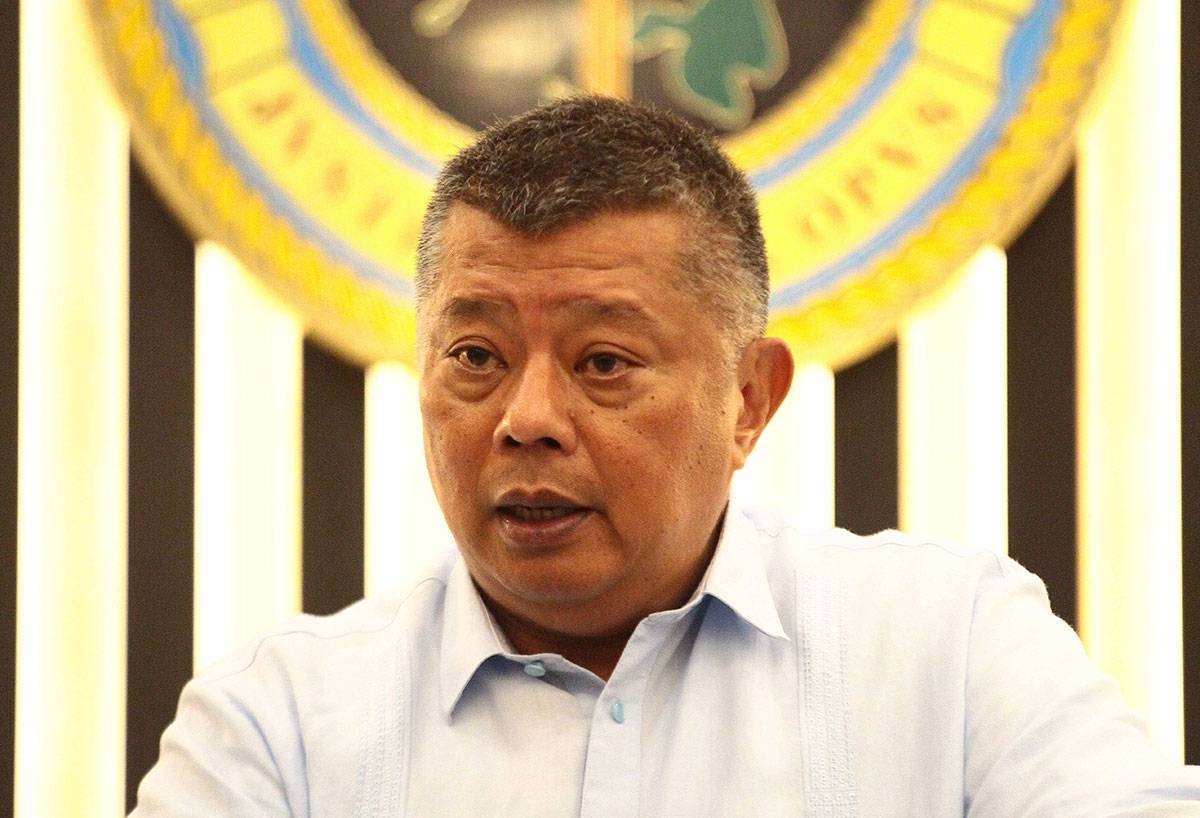Justice Secretary Jesus Crispin Remulla Praises the Success of the Witness Protection, Security, and Benefit Program (WPSBP)
Justice Secretary Jesus Crispin Remulla expressed his satisfaction with the remarkable success of the Witness Protection, Security, and Benefit Program (WPSBP) under the Department of Justice. According to Remulla, the program has achieved an impressive 95.65 percent successful prosecution rate, surpassing the agency’s target of 84.80 percent for the year 2023.
Remulla commended the dedication and commitment of the operatives responsible for implementing the program, acknowledging their vital role in upholding the rule of law. He emphasized the importance of safeguarding witnesses, even at the risk of their own lives, to ensure that justice is never denied, delayed, or compromised.
The WPSBP was established under Republic Act 6981 with the primary objective of protecting witnesses against reprisals and economic dislocation. Through this program, witnesses and their immediate family members within the second civil degree of consanguinity or affinity can be relocated to a safe area. Additionally, they are provided with a new identity and offered one-time financial assistance.
Ensuring Witness Safety and Successful Prosecution
The Witness Protection, Security, and Benefit Program (WPSBP) have proven instrumental in ensuring the safety of witnesses and achieving successful prosecution rates. By providing relocation to secure areas and offering new identities, the program effectively shields witnesses from potential reprisals, allowing them to testify without fear.
One of the key factors contributing to the program’s success is its rigorous application process. The WPSBP has achieved a remarkable 100 percent rating in processing applications, with no reported incidents of mishandling or untoward events. This demonstrates the efficiency and commitment of the Department of Justice in safeguarding the lives and well-being of witnesses.
The Impact of the Witness Protection, Security, and Benefit Program (WPSBP)
The Witness Protection, Security, and Benefit Program (WPSBP) have had a significant impact on the criminal justice system, as well as the lives of witnesses and their families. By providing a safe environment and financial assistance, the program ensures that witnesses can come forward and testify without fear of retaliation, thus strengthening the overall integrity of the justice system.
Witnesses who participate in the WPSBP play a crucial role in the successful prosecution of criminals. Their testimonies provide valuable evidence that can lead to the conviction of offenders and the delivery of justice. Without the protection and support offered by the program, many witnesses may hesitate to come forward, leaving cases unresolved and perpetrators unpunished.
The program’s emphasis on relocation to safe areas is particularly crucial in countries with high levels of organized crime or corruption. By removing witnesses from their previous environment, where they may face intimidation or threats, the WPSBP ensures their safety and enables them to provide accurate and reliable testimony.
Furthermore, the provision of new identities for witnesses and their families helps to protect their privacy and prevent potential harm. This aspect of the program is especially important in cases where witnesses may have to testify against powerful individuals or criminal organizations. By assuming new identities, witnesses can start afresh and rebuild their lives without the constant fear of retaliation.
International Context and Local Laws
While the Witness Protection, Security, and Benefit Program (WPSBP) are specific to the Philippines under Republic Act 6981, the concept of witness protection is universal. Many countries around the world have similar programs in place to ensure the safety and cooperation of witnesses in criminal cases.
The need for witness protection arises from the recognition that witnesses often face significant risks when coming forward to testify against criminals. These risks can include threats to their lives, physical harm, intimidation, and economic repercussions. Witness protection programs aim to mitigate these risks and encourage witnesses to cooperate with law enforcement agencies, ultimately leading to successful prosecutions.
Each country has its own set of laws and regulations governing witness protection, tailored to their specific legal systems and cultural contexts. These laws define the eligibility criteria for witness protection, the level of support provided, and the obligations and responsibilities of witnesses themselves.
In the case of the Philippines, the WPSBP offers relocation to safe areas and financial assistance to witnesses and their immediate family members within the second civil degree of consanguinity or affinity. This provision ensures that witnesses are not only protected but also supported during the transition to their new lives.
It is important to note that witness protection programs are not without challenges. Balancing the rights and safety of witnesses with the rights of the accused can be a delicate task. Striking the right balance requires careful consideration of legal principles and ethical considerations, ensuring that justice is served while protecting the rights of all parties involved.
Conclusion
The Witness Protection, Security, and Benefit Program (WPSBP) have proven to be a crucial component of the Philippine criminal justice system. Under the leadership of Justice Secretary Jesus Crispin Remulla, the program has achieved remarkable success in ensuring witness safety and achieving high prosecution rates.
By offering relocation to safe areas, new identities, and financial assistance, the WPSBP enables witnesses to come forward and testify without fear of reprisals. This not only strengthens the integrity of the justice system but also delivers justice to victims and holds offenders accountable for their actions.
While the WPSBP is specific to the Philippines, the concept of witness protection is universal. Many countries around the world have implemented similar programs to safeguard witnesses and ensure their cooperation in criminal cases.
Moving forward, it is crucial for governments and law enforcement agencies to continue investing in witness protection programs. By doing so, they can create an environment where witnesses feel safe and supported, leading to increased cooperation and successful prosecutions. Ultimately, this contributes to a more just and secure society for all.







